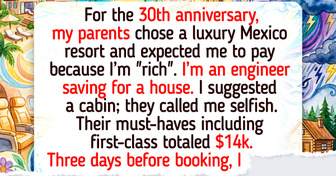most of the time no one would scold a child unless he/she behaves badly
What to Do If Someone Scolds Your Child
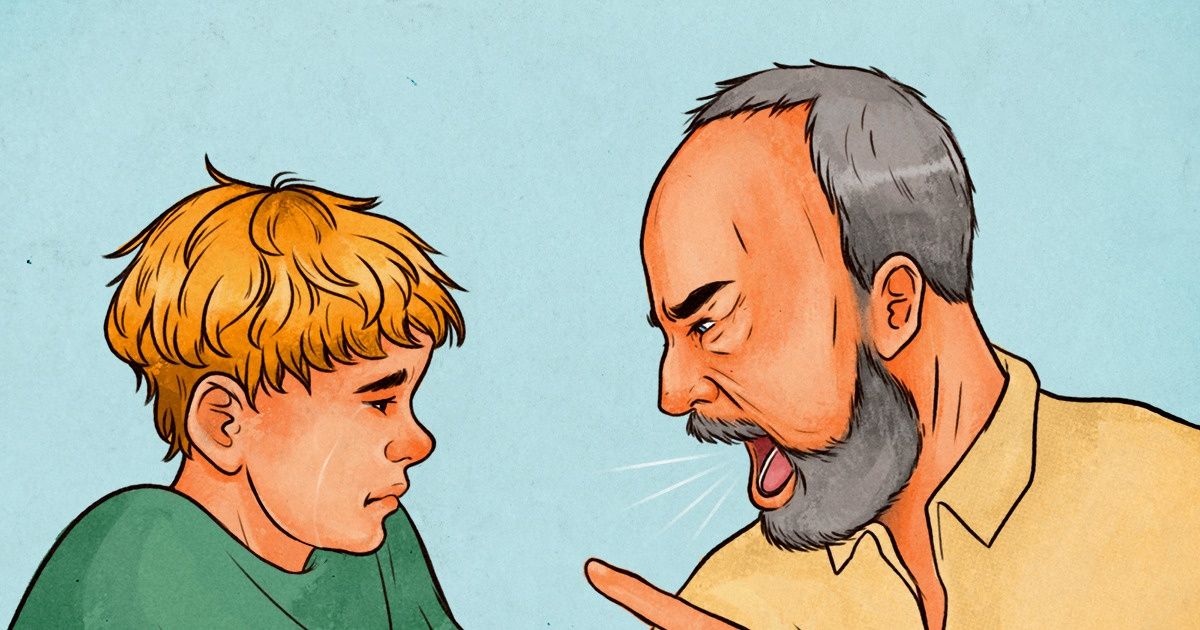
The last thing a parent wants to see is another adult scolding their child. It gets you fuming and overrun by negative emotions, and there is a perfectly normal evolutionary reason for this intense state. It basically signals to the ancient reptilian part of your brain that danger is upon us. Your heartbeat fastness, hormones flood your system, and the “flight or fight response in on”.
However, it is important to remain level-headed and address the situation politely and constructively.
We at Bright Side want to present you with 8 steps that you should take when someone is disciplining your child in an undesirable way.
1. Make your presence known
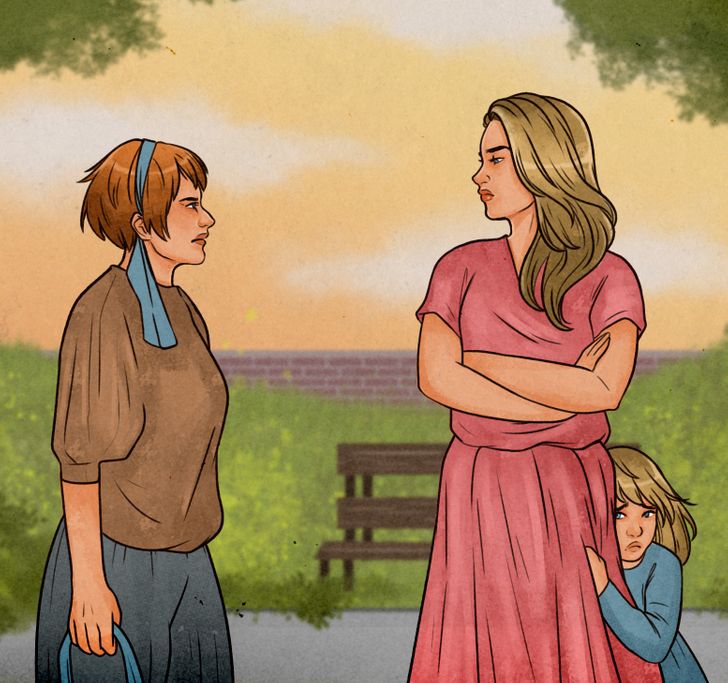
Firstly asserting yourself in the situation completely changes the dynamic of the conversation. Your child feels safe and protected as the opposing adult has to be more respectful facing someone of their own age — they are not the final authority of the situation now.
You can try this technique: mimicking the other person’s stance and body posture. This is called creating a rapport, and it is a powerful way to resolve potential conflict and to appear genuine and trustworthy.
2. Assess the situation before reacting
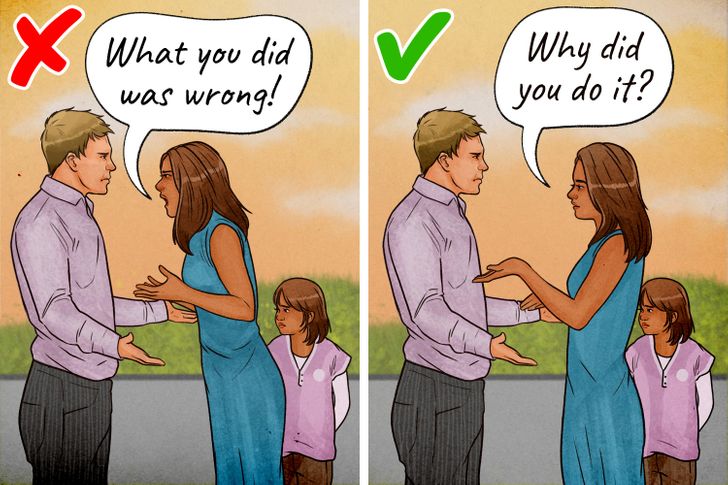
Anger is never a wise advisor, so it is crucial that you cool yourself down and address the situation logically. Take a breather and gather information about the whole ordeal. It is entirely possible that your child is in the wrong: that they have hit another kid, have broken someone’s property, have misbehaved in class, etc.
Your impulse is maybe to lash out at the other person, but it is useful to consider what you would have done in the situation if the roles were reversed.
3. Make your child feel understood
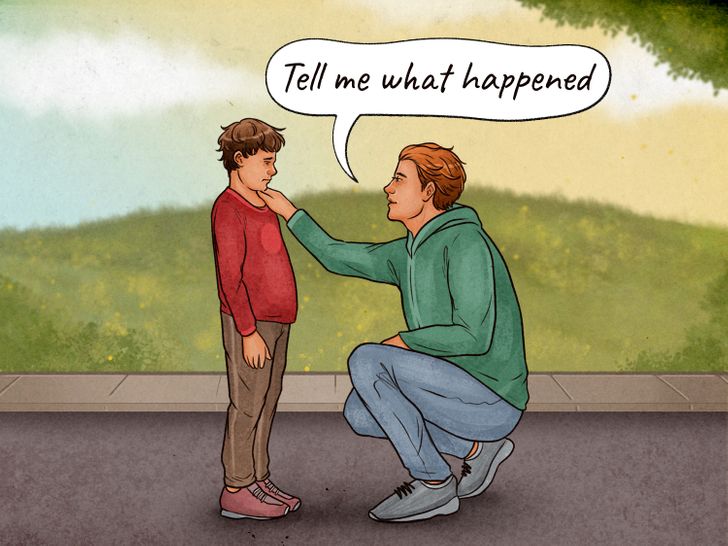
The whole situation may make your child feel disorientated or frightened. It is important to be patient with уour kid and make them feel like their emotions are understood and validated. Go down to their eye level and ask them to explain what’s unfolding. Withhold your judgment at this point and listen to their interpretation of the events.
If the child feels understood there are more likely to understand what you have to say and reconsider their behavior in the future.
4. Be direct with the other person
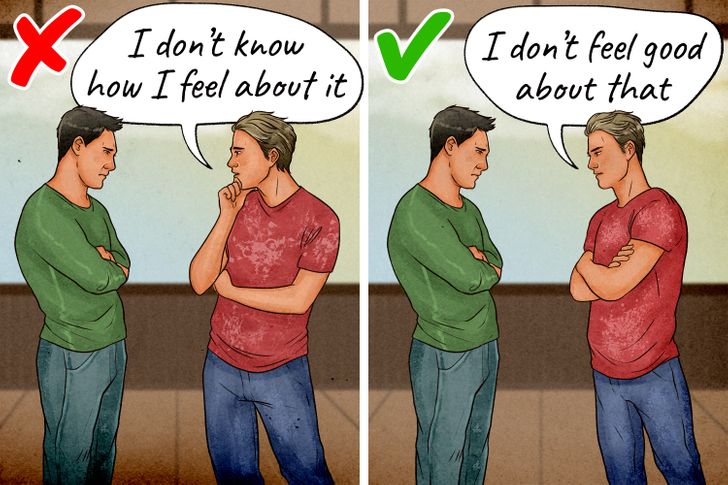
Being direct with someone often is synonymous with being rude and uncaring. But beating around the bush regularly leads to more harm than good.
Be frank with the other person. Politely inform them that you believe disciplining your child is strictly your concern and that you would appreciate it if they didn’t get involved in the situation. You can also suggest that they consider the situation with the roles reversed — you being the one scolding their child (if they are parents themselves).
Being direct calls upon some level of assertiveness while being diplomatic, calm, truthful, and open-minded about the situation.
5. Use humor to diffuse
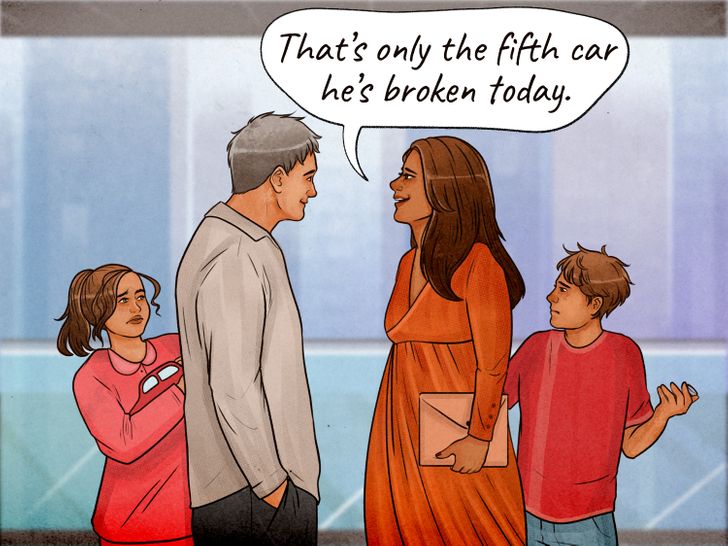
If you are seeing red, the last thing you are thinking about is making jokes. But humor has a great capacity to diffuse difficult situations and lower stress levels. Telling a light-hearted joke can instantly make the people around you feel closer to you. It can also help strip the urgency and the seriousness of the event and give all the parties involved a new perspective about the state of affairs.
Of course, you have to be careful with the specific jokes you are making. Some kinds of humor can come across as sarcastic and belittling, and can definitely make things worse.
6. Set boundaries
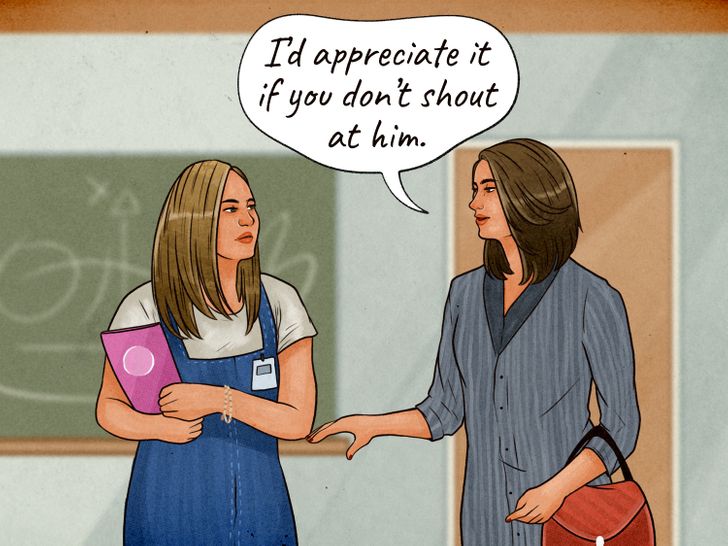
If the adult in question is an authority figure in your kid’s life (school teacher, coach, relative), it is important to set boundaries to prevent similar situations. Of course, you are not requesting a green light for your kids to run rampant in the classroom or on the court. You are just negotiating that the person use the same discipline techniques that you are using at home. That way, you are creating a consistent view in your child’s eyes about what is right and wrong and how wrong-doings are punished.
7. Explain the situation to your kid
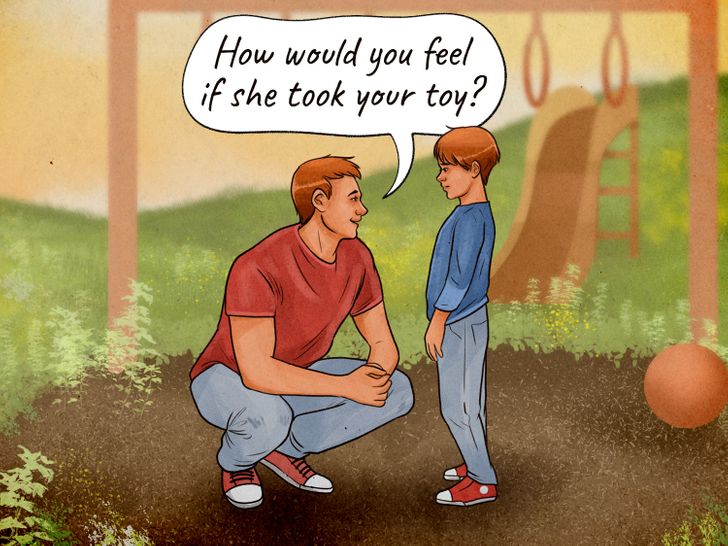
When the dust settles, it is important to discuss and patiently explain everything. This step is crucial because how you perceive mistakes can have long-lasting effects on how your kid tackles mistakes and setbacks.
Comfort your child but refrain from giving them pity. It can send a harmful message — that they are completely in the right or cannot know what is the best. Instead, remain firm in your position and calmly explain why those types of actions are undesirable:
“You took Jenny’s toy. How do you think it made her feel? Wouldn’t you feel the same if she took your favorite toy?”
When is it ok for another adult to discipline your kid?
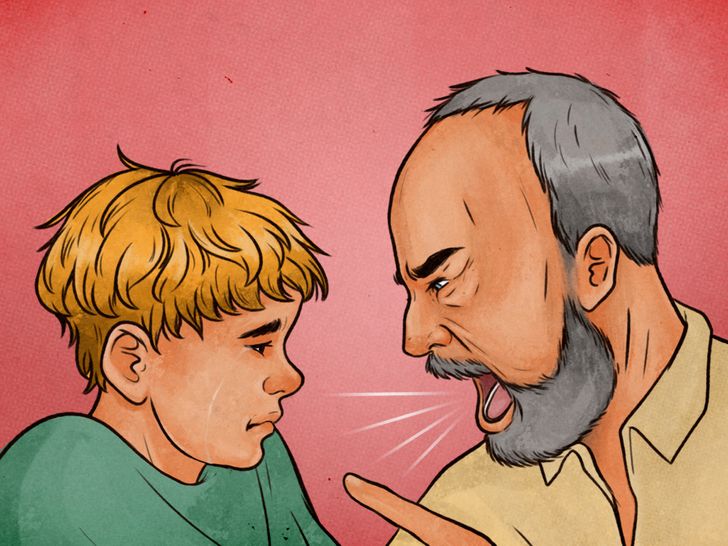
As a parent, it is your duty to teach your kids to respect authority and behave per the accepted social norms. They have to recognize themselves as a part of a community (class, sports team, playground) and realize that there are people in charge of these groups. So, for example, when your kid misbehaves in class, the teacher has the right to point that out and make the case as to why these types of actions are undesirable.
However, treating children with anger has serious repercussions. Yelling at a kid can lower their self-esteem, promote anxiety, and break the trust between the parties.
It is our job, as adults, to discover common ground with our kids and treat them with the respect and patience they deserve.
Have you ever found yourself in a similar situation? What was your reaction and what was the outcome?
Comments
Make him regret what he went out of the house today
Related Reads
I Refused to Let My MIL Own My Family Budget, Now My Marriage Is on Thin Ice
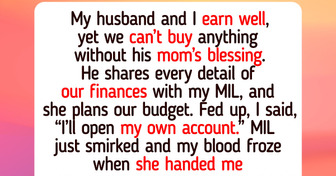
My Cousin Uninvited Me to Save Money—My Petty Revenge Was Absolutely Worth It

I Refused to Expose My Salary to My Parents, Now My Life Is Falling Apart
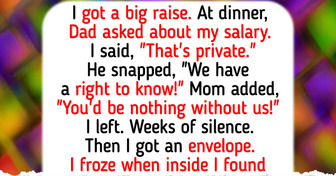
15 Stories That Prove Kindness Is Courage We Often Mistake for Weakness
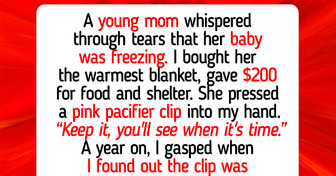
17 Times Kindness Helped People Get Back on Their Feet
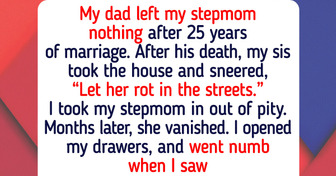
12 Stories That Show the Bravest Thing You Can Do Is to Be Kind
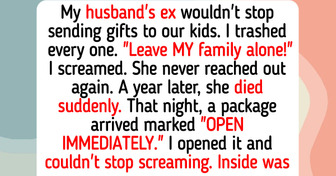
10 Moments Where Kindness Didn’t Argue—It Acted

I Canceled My Sister’s Free Childcare—Her Cruel Words Cost Her My Support
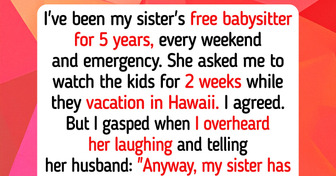
I Refuse to Let My MIL Be in My Life, So I Gave Her One Last Payback
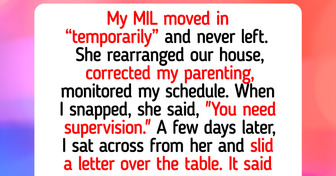
12 Life Moments Where Quiet Kindness Played the Main Role

10 Christmas Gifts That Missed the Mark So Badly They Became Legendary

My Parents Wanted a ‘Family Vacation’ on My Budget—I Made One Move They Didn’t Expect
